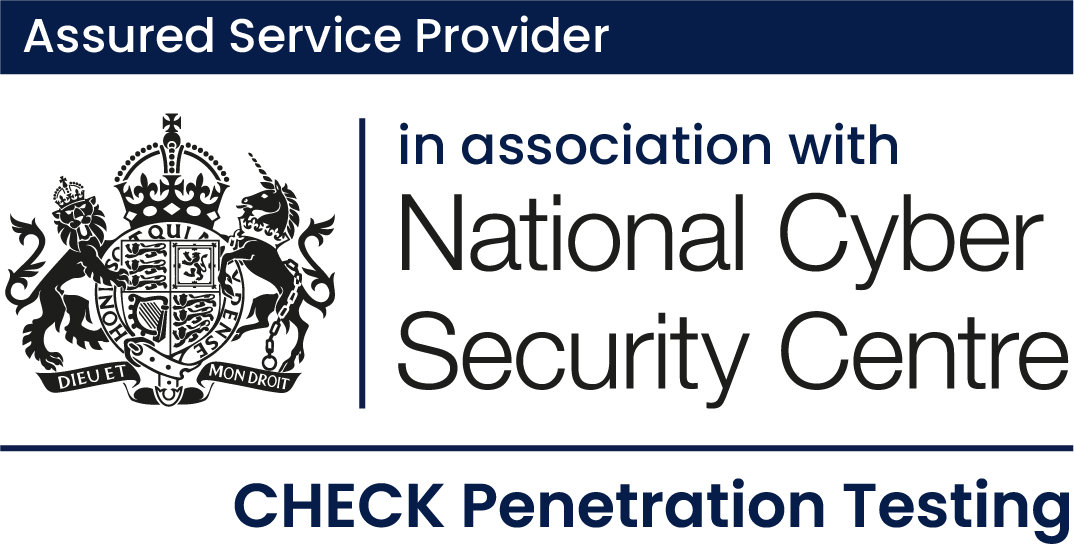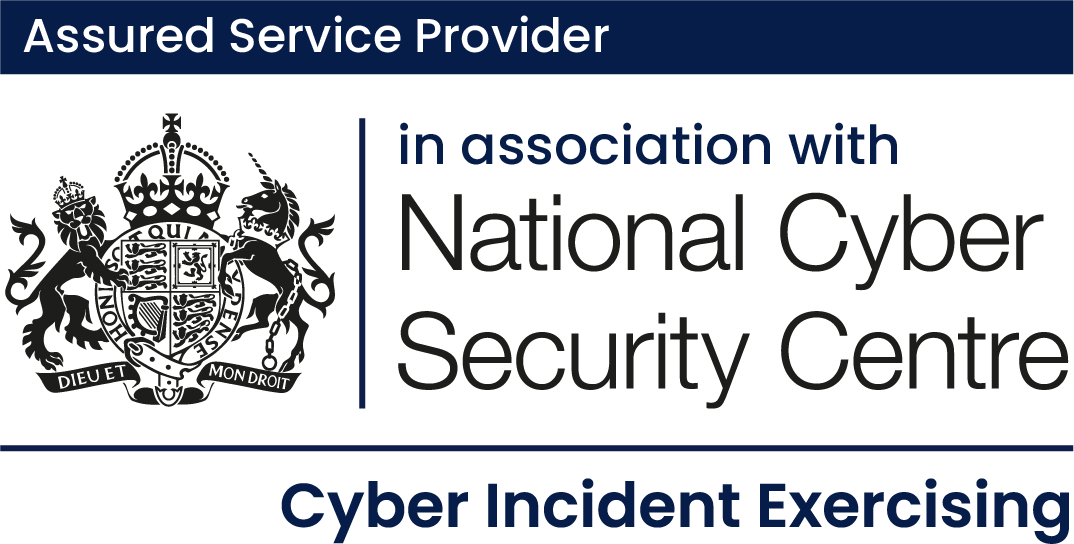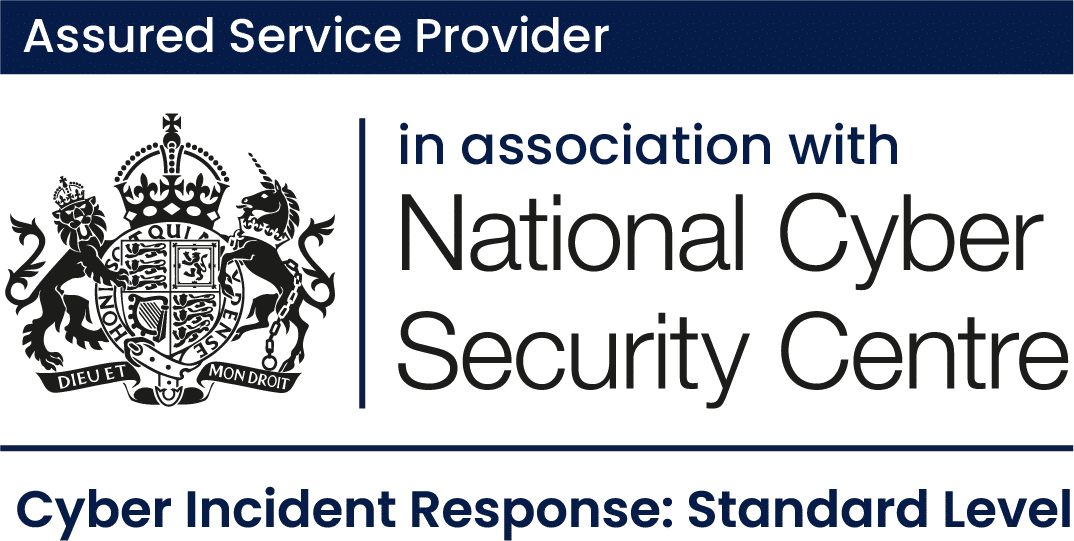Home / Prism Infosec News
Prism Infosec have been following the recent disclosure of a critical Telnet vulnerability affecting the GNU InetUtils Telnetd server, which
Compliance is not enough Across the UK, organisations continue to invest heavily in compliance. ISO 27001 certification, NCSC alignment and
Cloud adoption without compromise Cloud platforms have transformed how global organisations deliver services, manage data and scale operations. However, whilst
Cyber security is now a boardroom issue In today’s regulatory and operational landscape, cyber security has moved beyond IT. Boards
Running a cyber incident exercise is an excellent way to test response readiness, but too many stop at the simulation







Experiencing a security breach?
Contact the cyber security experts now